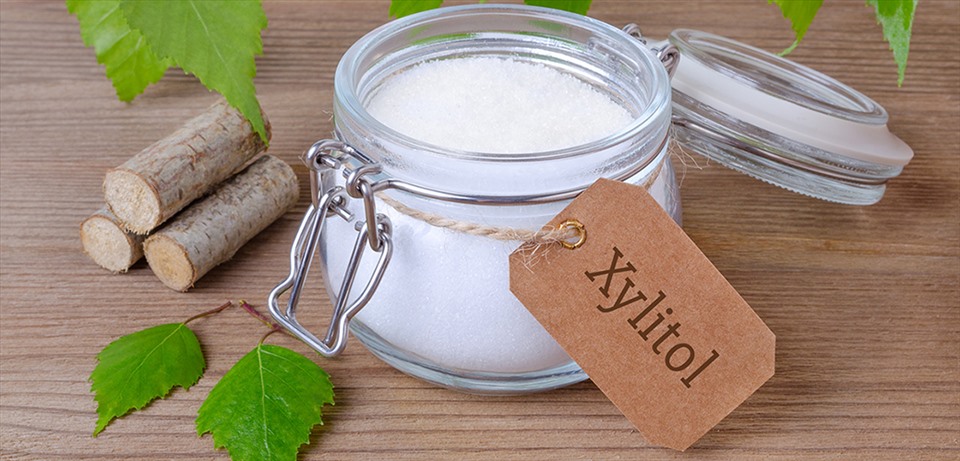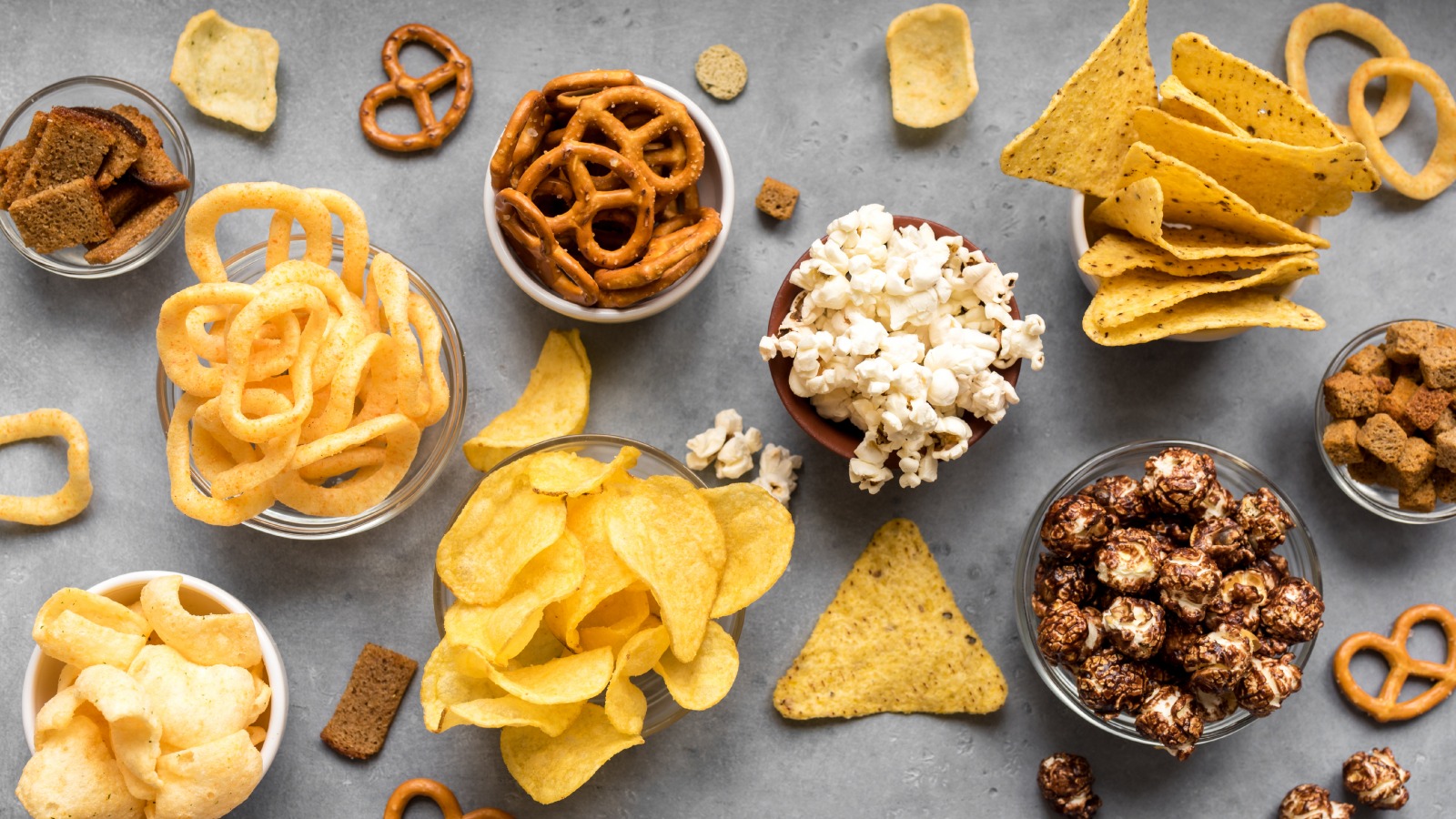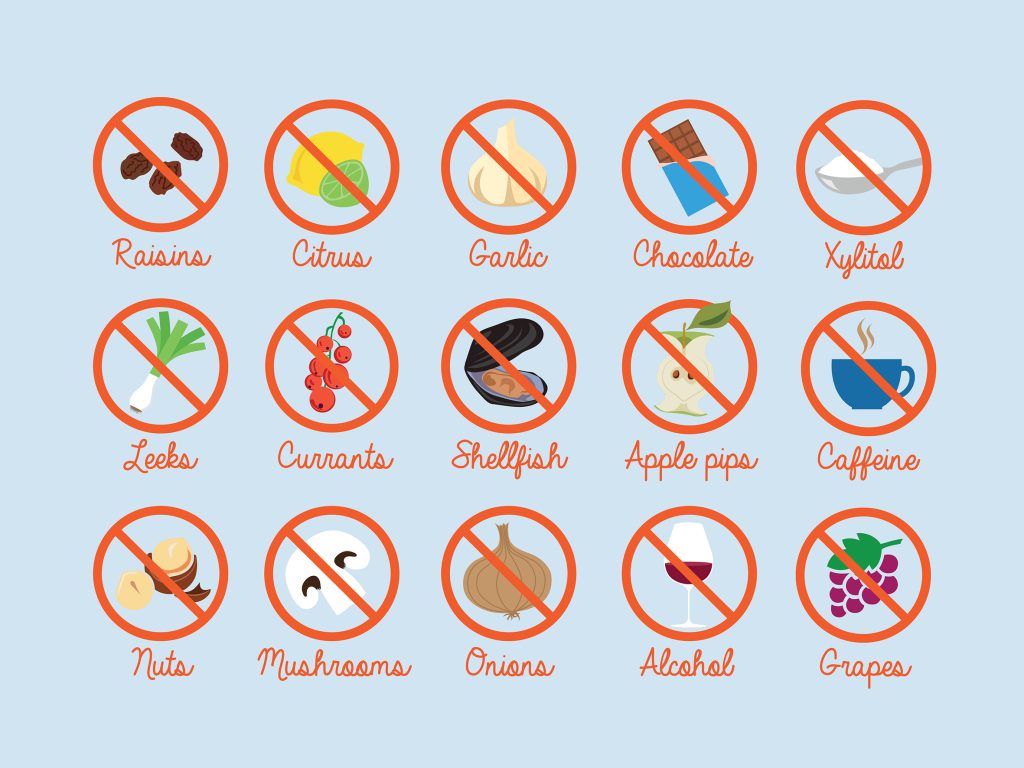Foods Dogs Should Avoid
As responsible pet owners, ensuring the health and safety of our canine companions is a top priority. While dogs can enjoy a variety of foods, some human foods are toxic or harmful to them. Understanding which foods to avoid can help you prevent potential health problems and keep your furry friend happy and safe.
Chocolate
Chocolate is one of the most well-known foods that dogs should never consume. It contains theobromine and caffeine, both of which can be toxic to dogs. Dark chocolate and baking chocolate are especially dangerous as they have higher concentrations of these substances. Symptoms of chocolate poisoning include vomiting, diarrhea, rapid breathing, increased heart rate, and even seizures.
:max_bytes(150000):strip_icc()/chocolate_hero1-d62e5444a8734f8d8fe91f5631d51ca5.jpg)
Grapes and Raisins
Even in small amounts, grapes and raisins can cause kidney failure in dogs. The exact substance causing this reaction is unknown, but it’s crucial to avoid feeding them to your pet. Symptoms of grape or raisin poisoning include vomiting, lethargy, and reduced appetite, which can escalate to kidney failure if untreated.
Onions and Garlic
Onions, garlic, and related plants like leeks and chives are toxic to dogs. These foods contain compounds that can damage red blood cells, leading to anemia. Cooking these vegetables doesn’t reduce their toxicity. Symptoms include weakness, pale gums, and reduced stamina.
Avocado
Avocados contain persin, a toxin that can cause vomiting and diarrhea in dogs. While the fruit’s flesh is less toxic than its skin, pit, or leaves, it’s better to err on the side of caution and avoid avocados entirely.
Alcohol
Even small amounts of alcohol can be extremely dangerous for dogs. Alcohol can cause vomiting, diarrhea, decreased coordination, central nervous system depression, difficulty breathing, and even coma or death. Be cautious about food containing alcohol as well.
Caffeine
Caffeine is found in coffee, tea, energy drinks, and certain medications. It stimulates a dog’s nervous system, which can lead to symptoms such as restlessness, rapid heart rate, muscle tremors, and seizures.
Xylitol
Xylitol, an artificial sweetener found in sugar-free gum, candies, and baked goods, is extremely toxic to dogs. Ingesting even small amounts can cause a rapid release of insulin, leading to hypoglycemia (low blood sugar). Symptoms include vomiting, loss of coordination, and seizures.

Raw Meat, Fish, and Eggs
While raw diets are popular in some circles, uncooked meat, fish, and eggs can contain harmful bacteria like Salmonella and E. coli. Additionally, some fish contain parasites or toxins that are dangerous for dogs. Always consult your veterinarian before considering a raw diet for your pet.
Macadamia Nuts
Macadamia nuts are toxic to dogs, even in small amounts. They can cause weakness, vomiting, tremors, and hyperthermia. The exact cause of toxicity is unknown, but symptoms typically appear within 12 hours of ingestion.
Dairy Products
While some dogs can tolerate small amounts of dairy, many are lactose intolerant. Consuming milk, cheese, or other dairy products can lead to stomach upset, including diarrhea and vomiting.
Fat Trimmings and Cooked Bones
Fat trimmings from meat can cause pancreatitis, a painful and potentially life-threatening condition. Cooked bones, on the other hand, can splinter and cause choking, digestive blockages, or damage to the intestines.
Salt and Salty Foods
Excessive salt intake can lead to sodium ion poisoning in dogs. Symptoms include vomiting, diarrhea, excessive thirst, tremors, and seizures. Avoid sharing salty snacks like chips, pretzels, or processed meats with your pet.

Yeast Dough
Raw yeast dough can expand in a dog’s stomach, causing bloating and discomfort. Additionally, fermentation of the yeast can produce alcohol, which is toxic to dogs.
Certain Fruits and Seeds
Cherry Pits and Apple Seeds: These contain cyanogenic glycosides, which can release cyanide when digested.
Citrus Fruits: Large quantities of citrus fruits can cause digestive upset due to their acidity.
Human Medications and Vitamins
Although not food, it’s worth noting that human medications and vitamins can be extremely dangerous for dogs. Always store medications out of reach and consult your veterinarian before giving any supplements to your pet.
Preventing Accidental Ingestion
Secure Storage: Keep toxic foods and substances out of reach. Use cabinets or containers that your dog can’t access.
Educate Your Family: Make sure everyone in your household knows which foods are unsafe for your pet.
Watch Your Dog: Be mindful of your dog during mealtimes or parties where food may be left unattended.
What to Do in Case of Ingestion
If your dog eats something toxic, act quickly:
Contact a Veterinarian: Call your vet or a pet poison helpline immediately.
Know the Symptoms: Familiarize yourself with the signs of poisoning for specific foods.
Provide Information: Be ready to share details about what your dog ate, how much, and when.
Conclusion
While dogs bring joy and companionship into our lives, they rely on us to make safe choices for them. By avoiding these harmful foods and being vigilant, you can protect your furry friend from unnecessary health risks. When in doubt, consult your veterinarian to ensure your dog’s diet is safe and nutritious.
See more at:
What to Consider When Caring for Newborn Pets
Tips for Raising Pets in an Apartment
Vận Chuyển Hỏa Tốc Đồ Trang Trí Tết Tuyến Sài Gòn – Đà Nẵng
Chuyển phát nhanh tài liệu từ Hà Nội đi Thanh Hoá














